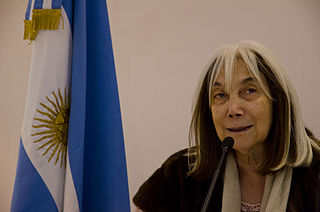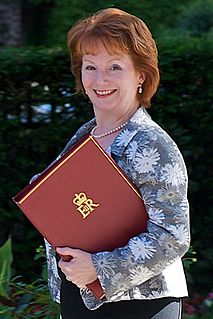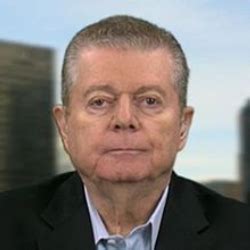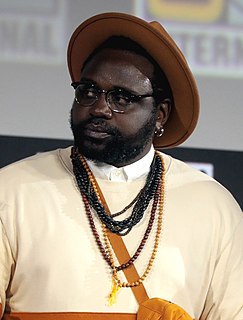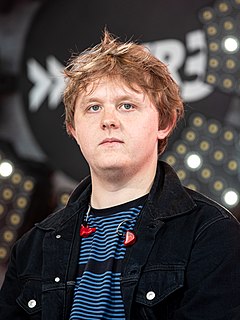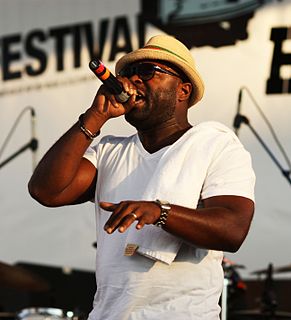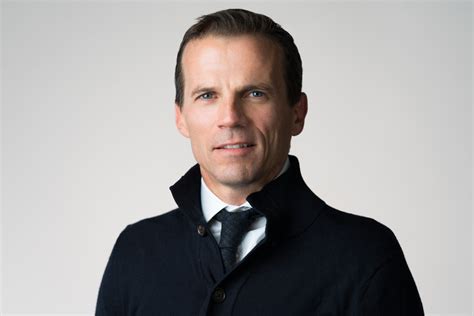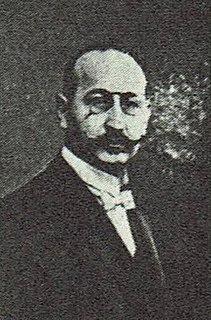A Quote by Charles Kennedy
Music and politics are in essence about communication. Without over-stretching the analogy I do feel a sense of rhythm is important in getting your message across.
Related Quotes
Speakers find joy in public speaking when they realize that a speech is all about the audience, not the speaker. Most speakers are so caught up in their own concerns and so driven to cover certain points or get a certain message across that they can't be bothered to think in more than a perfunctory way about the audience. And the irony is, of course, that there is no hope of getting your message across if that's all the energy you put into the audience. So let go, and give the moment to the audience.
Developing excellent COMMUNICATION skills is absolutely essential to effective leadership. The leader must be able to share knowledge and ideas to transmit a sense of urgency and enthusiasm to others. If a leader can't get a message across clearly and motivate others to act on it, then having a message doesn't even matter.
I would then say that there are two kinds of feeling. The first is to feel in the sense of concentrating your emotions on something immediately available for your understanding: you make your understanding out of the emotions you have about it. The second is to feel in the sense of being affected without trying to understand: something is felt, you do not know what, and it is more important to feel it than to try to understand it, since once you try to understand it you no longer feel it.
I am interested in politics but have stayed away from writing overtly political songs, or message songs, because I find it difficult to discuss politics intelligently in a 4-minute song. But I am finding there are ways to get bits and pieces of political thought across without preaching that the people have the power or we shall not be moved. Of course these sentiments have their place too - I'm not knocking Phil Ochs - but that's a different kind of music, songs to play at rallies, not to achieve a state of bliss.


